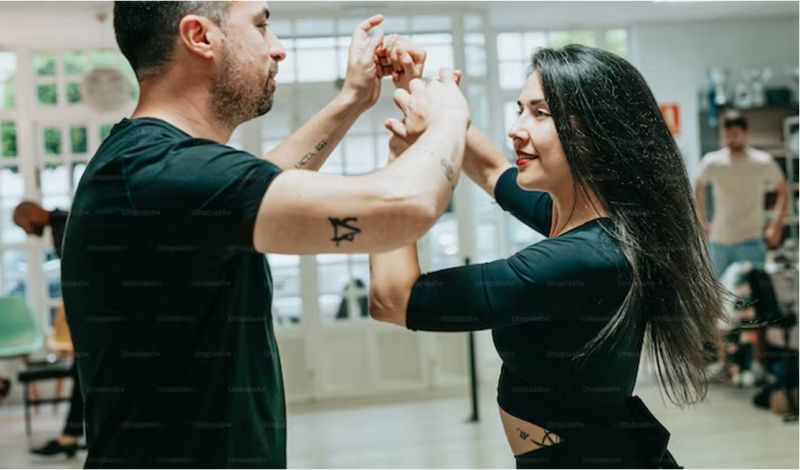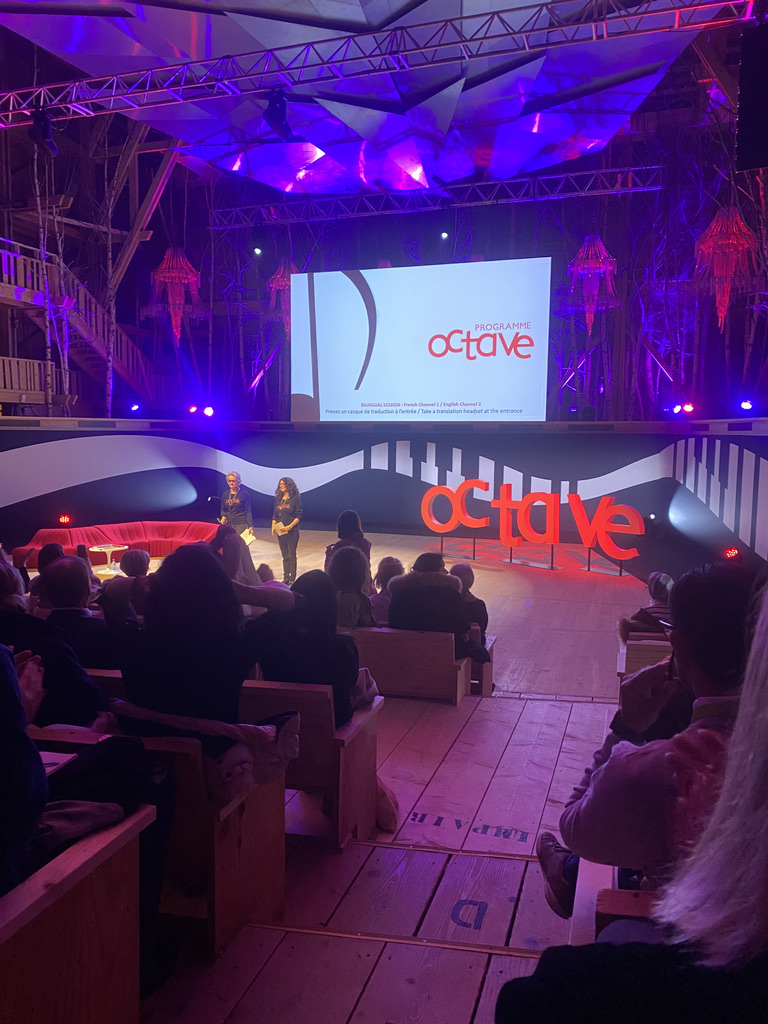Connect with us on LinkedIn for updates and the latest industry news
It’s been a real privilege to design and facilitate workshops with senior leaders at LiveScore Group, a rapidly growing and very successful business in the sports and gaming industry. I’m thrilled to be running the workshops at the company’s fabulous London HQ – a very welcoming environment with a great vibe.
Leading Edge Performance (LEP) are supporting LiveScore Group with several people development projects, and my brief is to work with the Senior Leadership Team and the Executive Committee. Engaging with my fellow Team Coaches, I’ve ensured that there’s consistency in the messaging and frameworks I’m using for this particular programme. I very much value the opportunities we have as Team Coaches to collaborate, share, learn and support each other; our talented and generous community are a fabulous asset for LEP and the clients we work with.
Back to our brilliant client LiveScore Group. They have developed a comprehensive suite of people policies focused on building an inclusive workplace and want to support their leaders as they navigate management of their teams in line with these policies. The brief from the People Team was to design a programme that would equip their leaders with the skills and confidence to apply the spirit of these policies, whilst using their own discretion for each particular situation, tailoring the approach to meet the needs of both the individual and the business, in the knowledge that they’ll have the full support of the People Team.
Building skills and confidence to have difficult conversations
Bringing people together in a workshop environment provides an opportunity to build skills and confidence and then try out the new techniques. Most of us dread (and therefore avoid having) difficult conversations for fear of saying the wrong thing and upsetting someone, or not being sure how to navigate anything sensitive that’s shared as a result. So the workshop activities needed to facilitate open and honest conversations about people’s concerns and offer different ways to approach these important conversations sensitively and positively.
I’m always looking to develop my own skills through CPD and to seek out new approaches in service of my clients. This topic of difficult conversations lent itself very well to experiential activities that would both engage the participants and let them have a bit of fun along the way.
We started each workshop by agreeing as a group what everyone needed to create a psychologically safe environment that would allow them to show up well and take part. Establishing this collectively is so important because it secures the group’s permission to go where we need to go and deal with what comes up in the moment, confident of the collective agreement around confidentiality and respect for each other. Participants have told me this was time well spent for them.
A couple of the activities I chose to use in this workshop really served to engage the group. These were new tools for me: “the art of communication” and the analogy of “the dance” in the context of handling challenging conversations.

Turning a conversation into a dance
As described by Fred Kofman from the Conscious Business Center International, the thinking is that if you can turn a potential disagreement into a dance, and in doing so better understand each other’s perspectives, to see what may otherwise remain unseen by the other party, then you’re more likely to find a mutually agreeable solution.
I asked for a volunteer to help me bring the activity to life! The idea is that, through dance, we’re encouraging each other to turn around and see what’s behind, to see what the other is seeing that we’re not. Understanding and then accepting that that’s what the other person is seeing helps to change the tone of the conversation.
In a dance hold, I can push back with my hands and body, and my partner can also push back. If we both keep pushing back, we don’t make any progress. If I yield a bit, and allow them to turn me round in the dance, and they do the same, we both get to see a different perspective.
The way Fred Kofman summarises it helps us bring it back to having conversations. If you “push” with words, you’ll get pushback from your counterpart. If you listen to your counterpart with respect, and be open to understanding and seeing their perspective, you’re more likely to be heard and be able to reach a solution you both agree on.
‘Real playing’ to develop techniques
I’d primed the groups that role play – or ‘real play’, as I like to call it – would be on the cards. When senior leaders have managed to take a day out for development, I want to give them as much time as possible to try out new techniques.
It was clear that everyone was thoroughly enjoying and appreciating this opportunity to be in a room together, something that’s rare given their working locations. I loved seeing how they were having fun while building relationships, learning and getting to know each other better.
This comfortable and enjoyable environment was ideal for the role play exercise, where participants could either bring a difficult conversation they were facing to the workshop or pick one from a few case studies prepared by the People Team.
I set up role-play triads – a manager, a colleague and an observer – and asked everyone to authentically play their part, enabling the manager to try out a new framework or approach and use their skills to achieve their desired outcome. It was the observer’s role to facilitate the feedback after the conversation, first asking the colleague and then turning to the manager before giving their own feedback.
At the heart of this type of exercise is setting the participants up so they know they’re not expected to be the experts. They’re at this workshop to learn, develop and experiment – and to gain the confidence to keep trying and keep building on what they’ve learnt back in the workplace. Taking the time at the start of the workshop, as we did, to build safety in the room really helps everyone to try out new techniques without fear of failure.
I’m running four virtual follow-up sessions in December to provide a frame for them to share experiences of how they’ve got on since the workshops. We know it takes more than just a workshop for new behaviours to become embedded, so I’ll be keen to check in and hear how they’ve been applying the learnings.
A follow-up like this offers a perfect opportunity for a reminder of principles and a bit of re-energising as well (something that’s often very much appreciated!). They’ve been a great group of people to work with and I hope they’ve been finding the new techniques useful and beneficial. Our December catch-up will reveal all…



